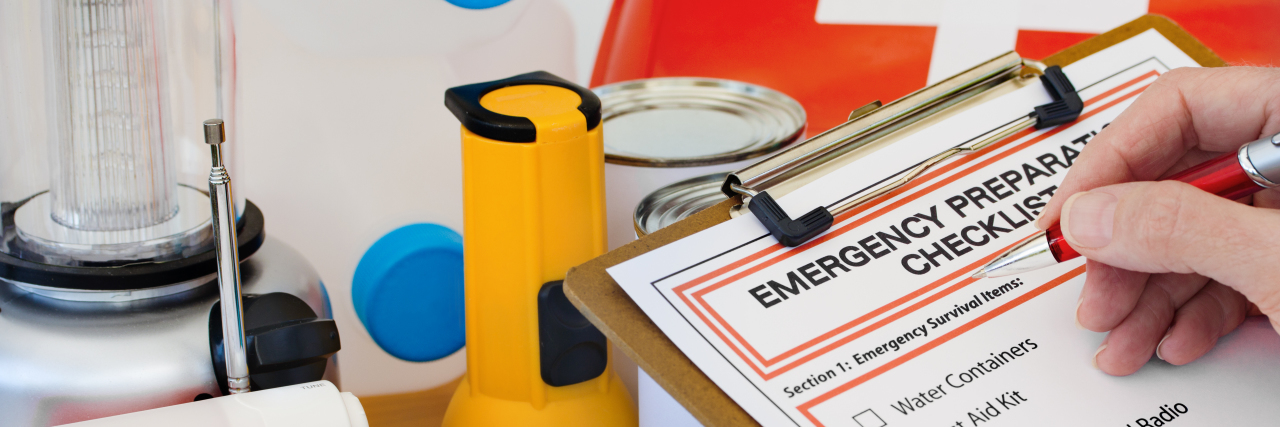Over the last few years and in recent months, hurricanes, wildfires, flooding, earthquakes and now COVID-19 are emergencies that are life-threatening for stroke survivors who have aphasia, physical and/or cognitive disabilities. The only way to get through these natural disasters and public health threats is to make sure you are prepared well in advance.
Those who are elderly and have underlying health issues such as dementia, cancer, diabetes, or recovering from a CVA, need to have access to any medications they are currently taking. Their social contacts should be notified to provide any assistance if needed.
Those who have chronic illnesses, disabilities or who are able-bodied can also use the following information to prep for any kind of calamity.
The basic steps are as follows:
1. Assess your situation: How mobile are you? Are you in a flood zone?
2. Gather information: Find out which resources your community has in place when dealing with natural disasters.
3. Develop a plan: Write down the things that need to be considered and be as detailed as you can. For example, where to evacuate, what are the power outage options, deciding where you will meet up with your family, and making sure you have a list of medications and your physicians in your purse, along with a copy of your plan.
4. Have a backup plan for the plan that was created in step 3.
5. Have a personal support system of family/friends/neighbors you can trust and who will check on you to see if you need assistance. Contact each one so they know you are relying on them. Also, alert them of your needs and limitations so they can get to you quickly. If possible, don’t depend on only one person.
There are websites that offer more detailed information on how to deal with acts of nature or unavoidable threats. They inform everyone what to include in an emergency kit and how the general public is notified by the Emergency Alert System of clear and present danger. Also included is where to obtain support services and details on different kinds of disasters.
Further Resources
- Ready.gov
- Prep Your Health — Tips for Caregivers
- Preparing for Specific Types of Emergencies
- Personal Health Preparedness
- ePact
- FEMA
- Why Prepare? Guide
To quote Theodore Roosevelt: “Make preparations in advance… you’ll never have trouble if you are prepared for it.”
Getty image by Pixsooz.

